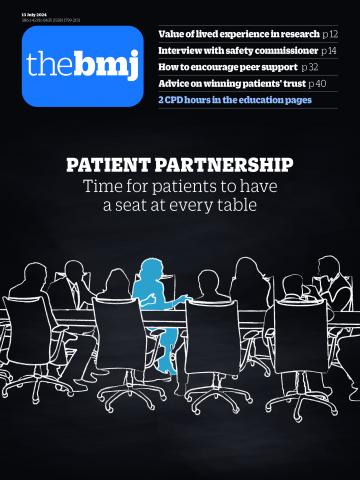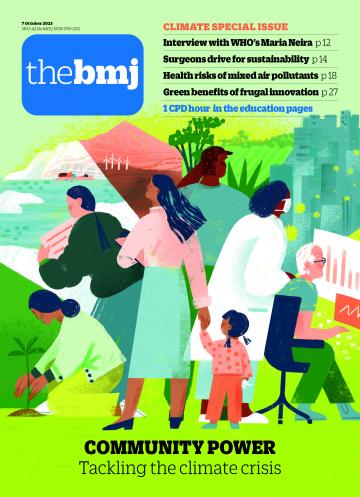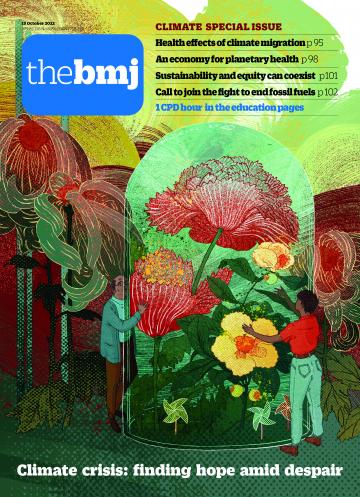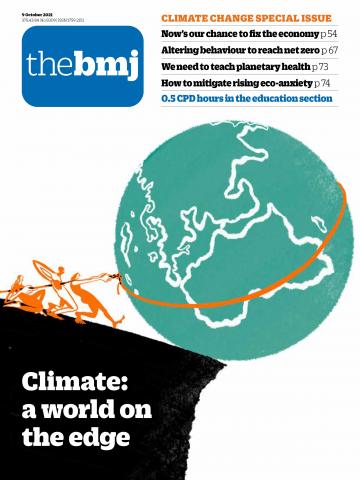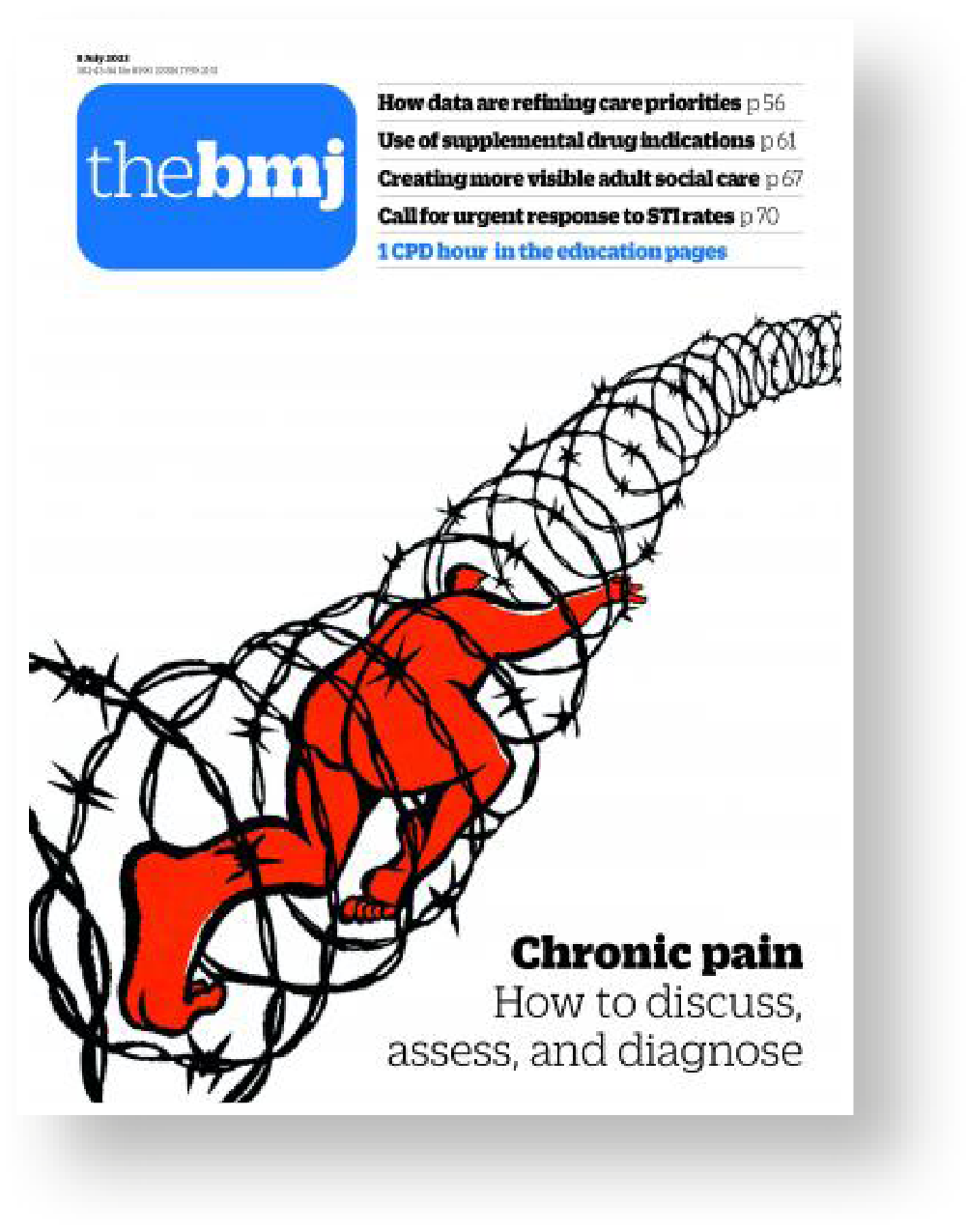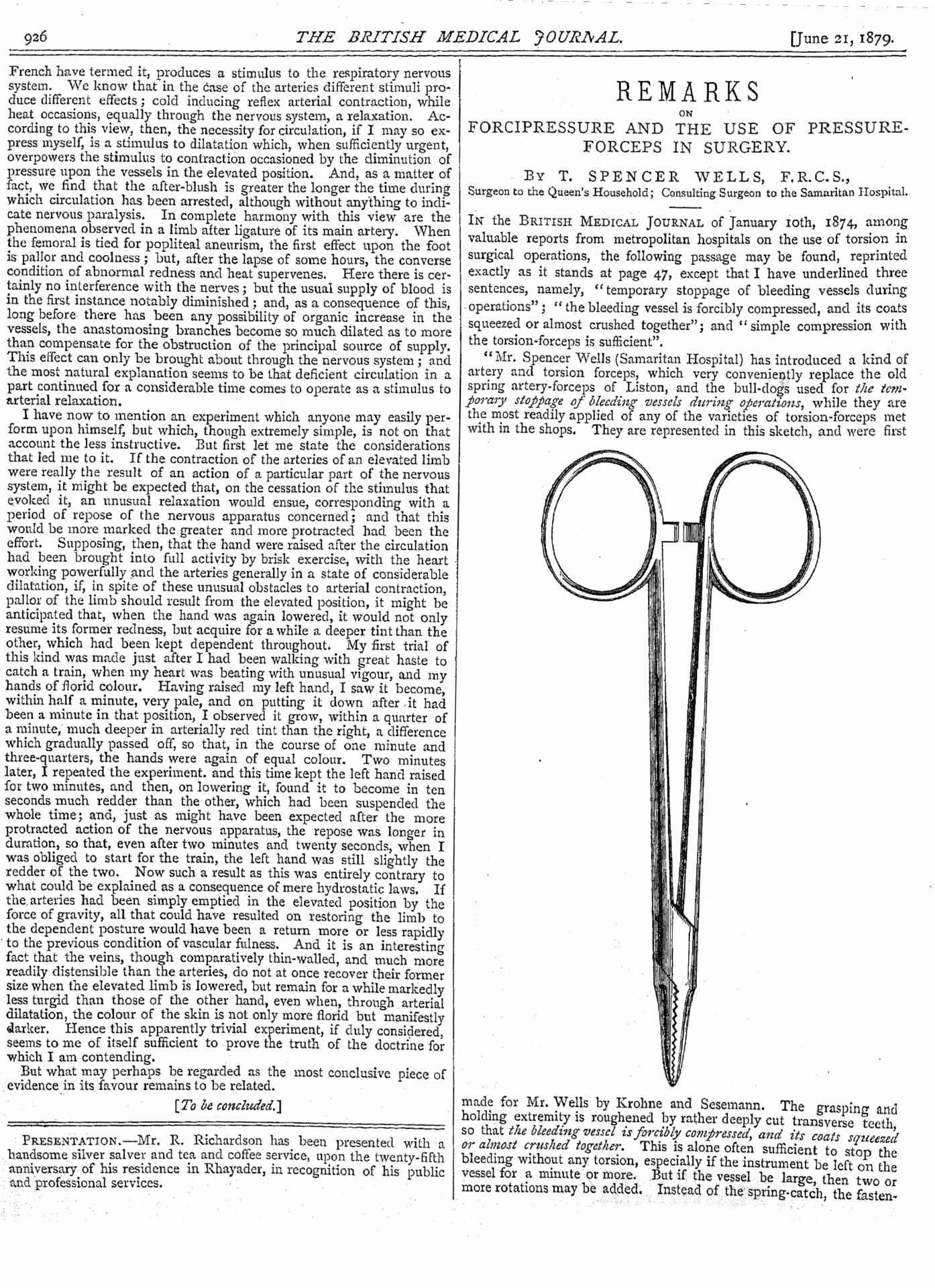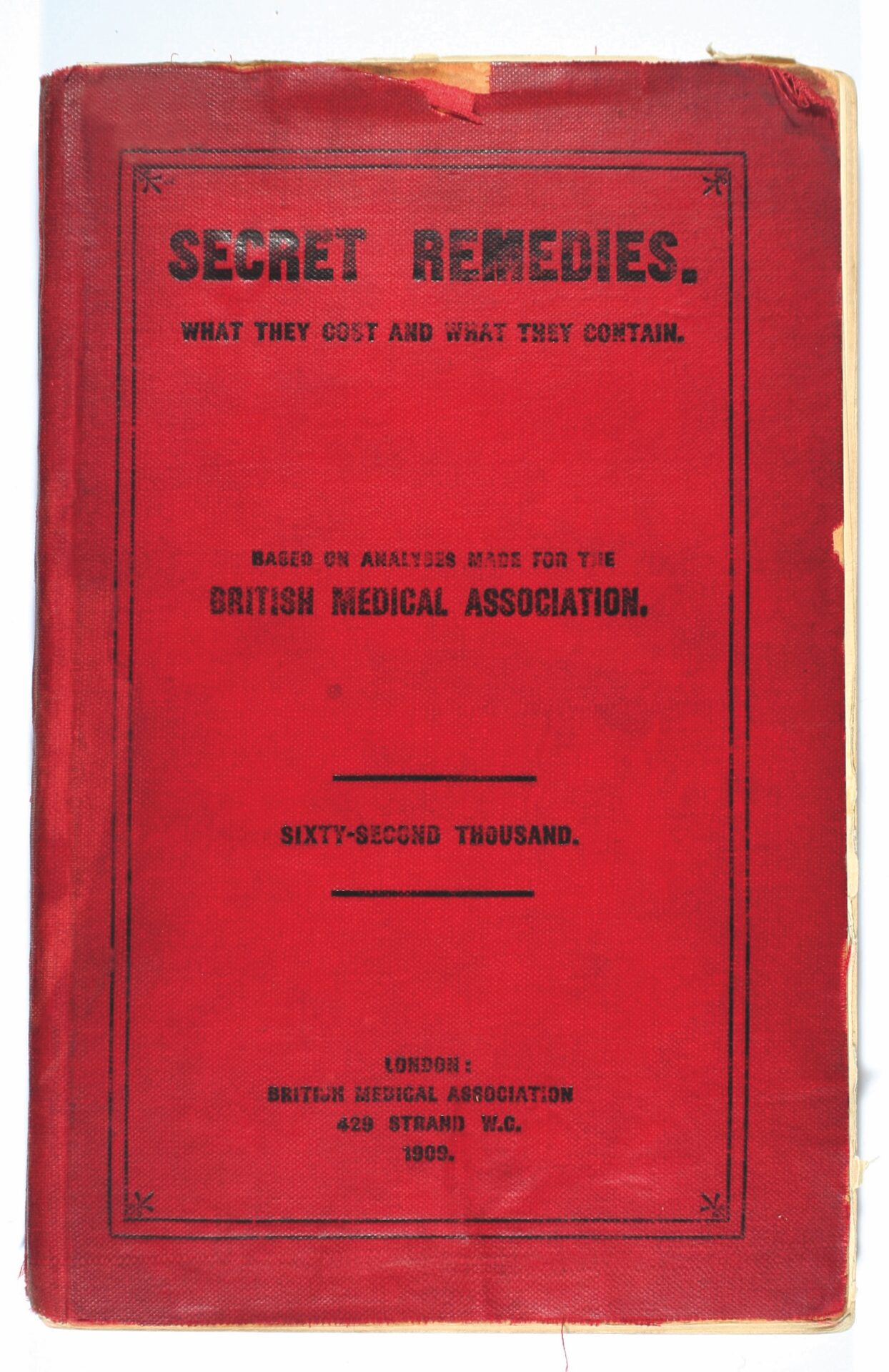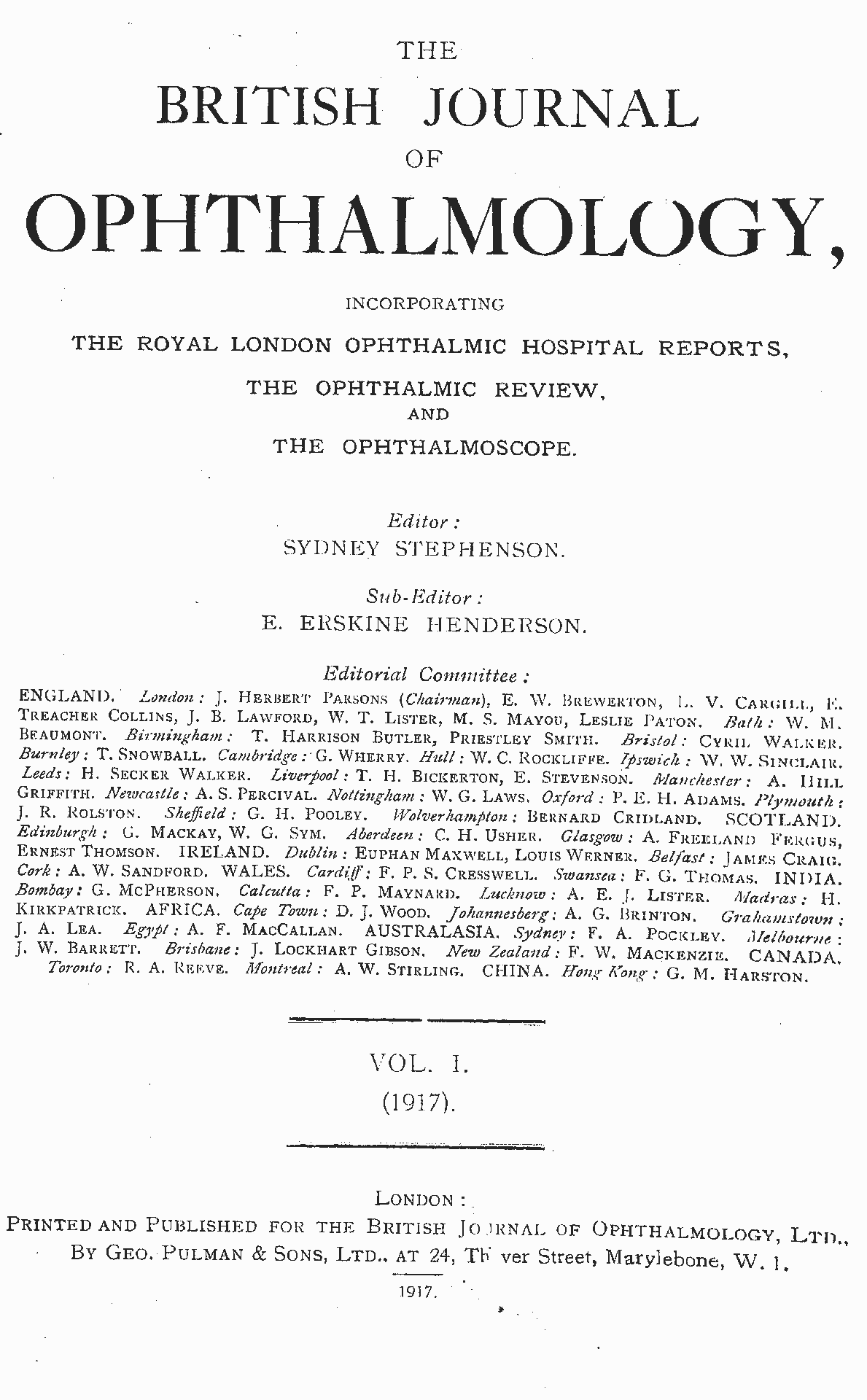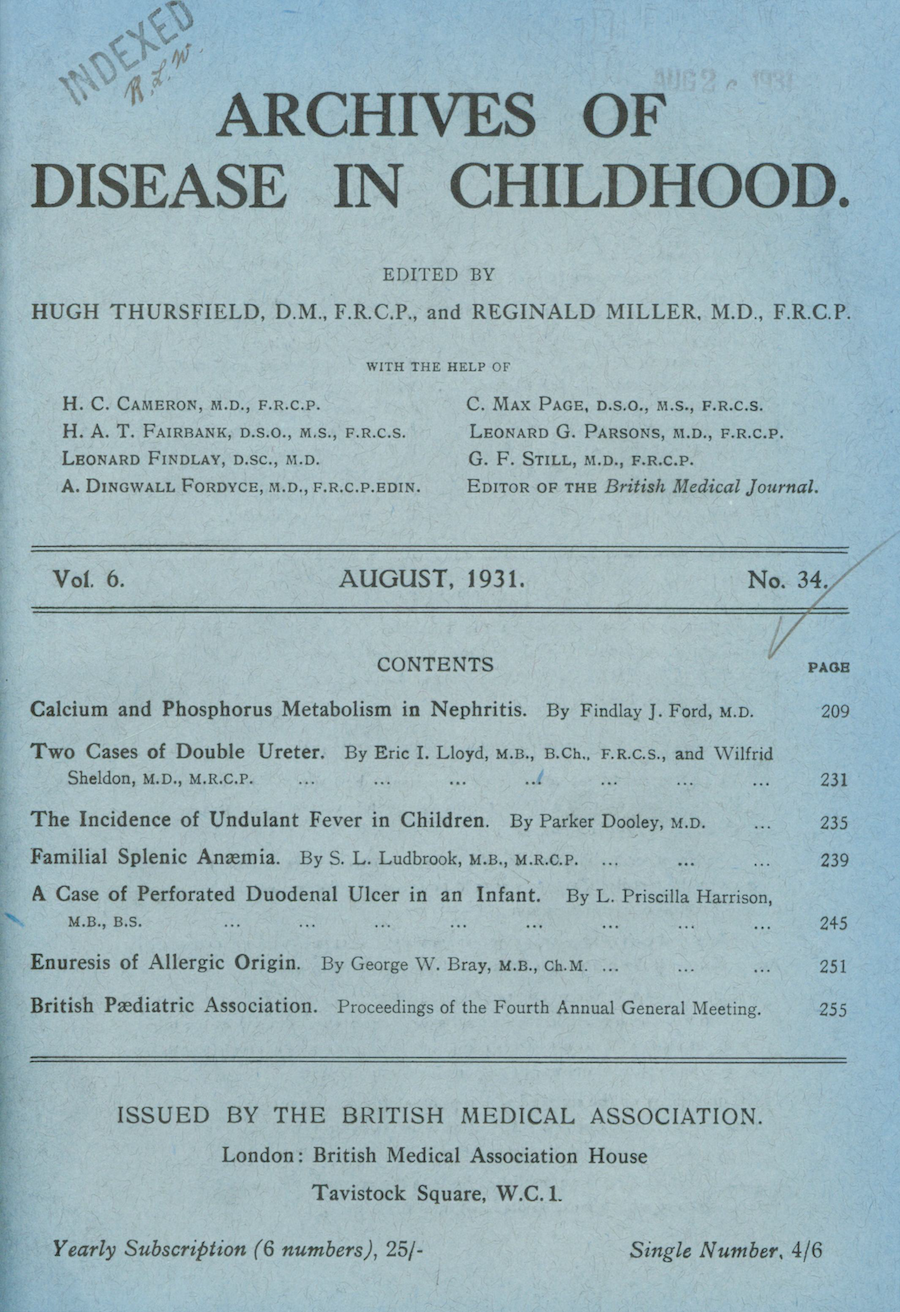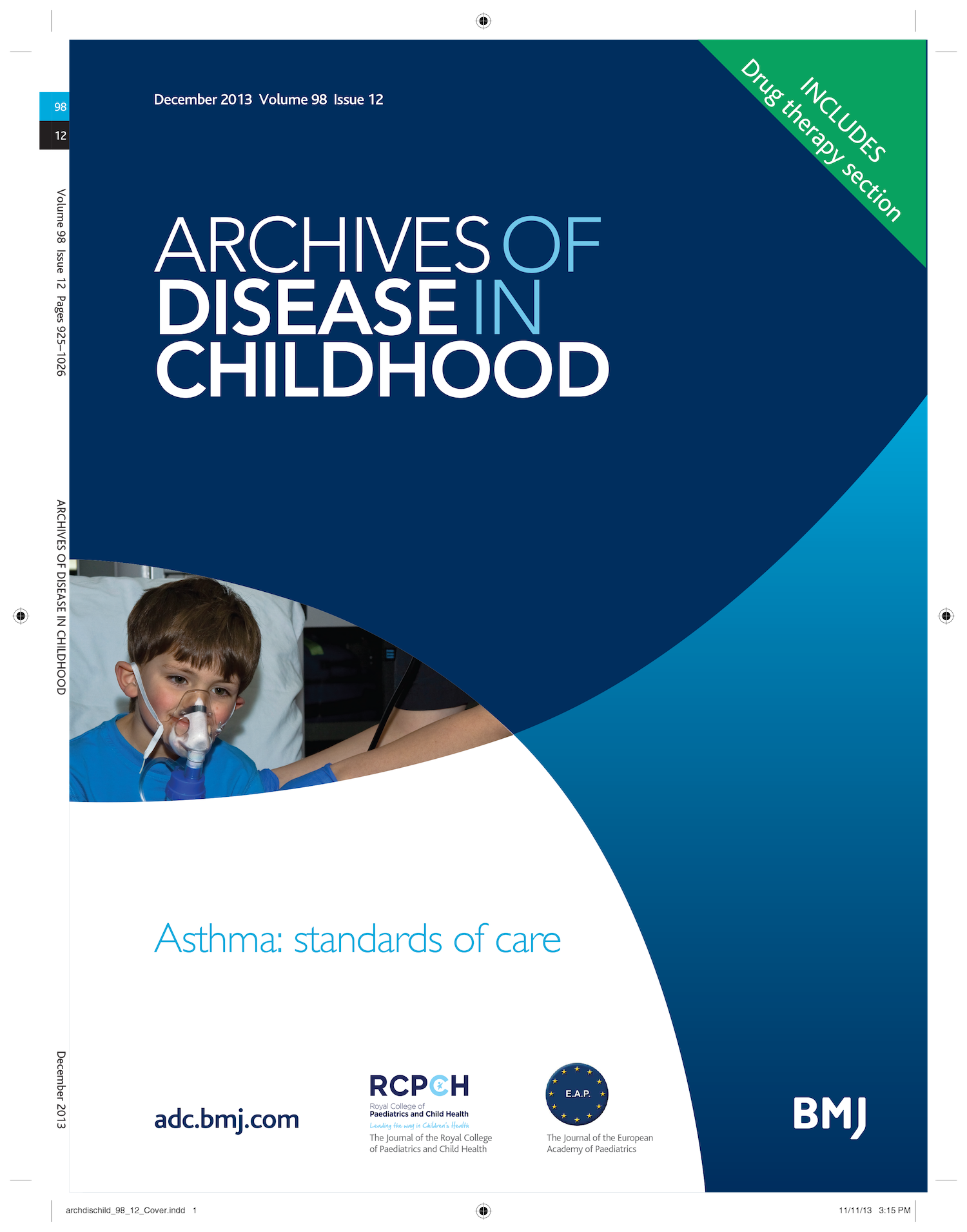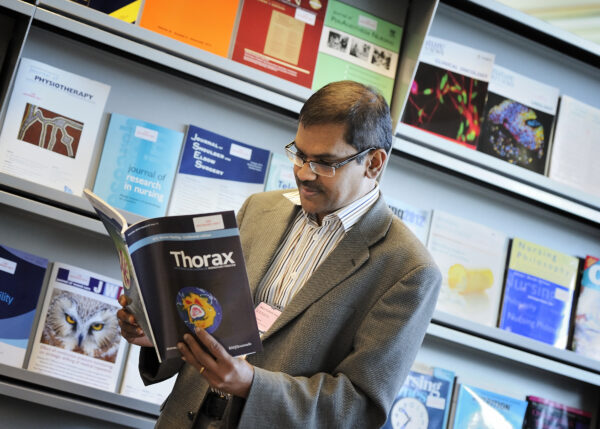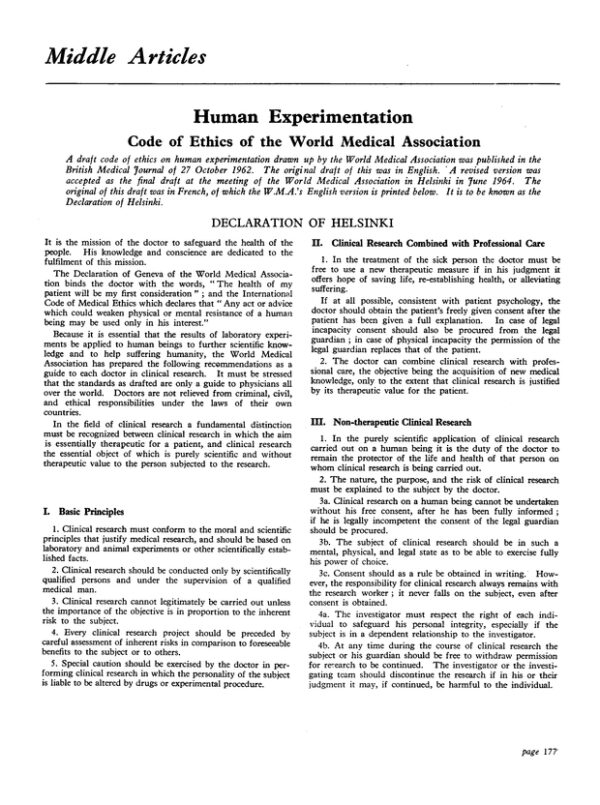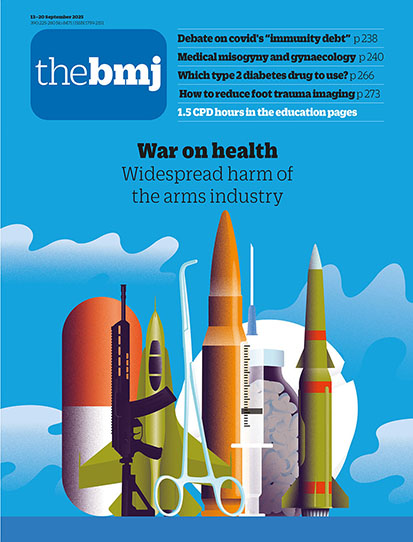About us
We are a global healthcare knowledge provider, delivering research, digital products, events and education.
Disease moves fast. Knowledge must move faster.
Across the world, preventable illness and avoidable harm persist not because solutions do not exist, but because proven knowledge does not reach health professionals, policymakers, and health systems quickly enough. When evidence is delayed, fragmented, or inaccessible, outcomes suffer. Clinicians are left to make complex decisions without the support of timely, trusted information, and patients pay the price.
Closing this gap depends on trusted routes through which evidence can shape clinical decisions, standards of care, and health policy at scale. Our influence on clinical guidelines and policy documents is consistently ranked among the highest globally, with sustained impact demonstrated between 2020 and 2024.*
People should not die from systemic knowledge gaps. Health professionals should not have to act alone.
Our story
Providing research, knowledge, and education to health professionals for nearly 200 years
Established in 1840, we publish The BMJ and nearly 70 specialist journals, develop clinical decision support and educational resources, and convene expertise so credible evidence is accessible, understood, and applied where it matters most.
Working at the intersection of science, policy, clinical practice, health systems, and industry, we connect evidence with the people and institutions able to act on it.
Evolved from the Provincial Medical and Surgical Journal to the esteemed general medical journal, The BMJ, our journey embodies continuous evolution and innovation. As pioneers of online medical publishing since 1995, we strive to uphold the highest editorial standards while embracing technological advancements. Our focus extends beyond publication metrics; we actively support authors from low and lower-middle-income countries, champion equity, diversity, and inclusion, and safeguard the integrity of scientific research globally. With BMJ New Ventures, our startup investment initiative, we work with partners aligned with our vision and values, fostering innovation and driving positive change in healthcare and beyond.
From publishing research to investigating and responding to allegations of misconduct, we always treat researchers and institutions fairly and courteously so that they have a safe platform to share their research or raise concerns. We do this collectively by working in partnership with editors and publishing staff on all issues related to research integrity, at every stage of the publication process.

Today, a big focus for us is to help authors from low and lower-middle-income countries (LMICs) get published in their journal of choice. In 2022, 55.9% of all LMIC-originated research was published open access, up from 36.4% in 2021. We also align our editorial voice with our internal operational practices by setting the standard in the way we can all play a key role in making change in the areas of improving patient care, protecting the planet, and supporting social mobility.
Creating a healthier world
As a global healthcare knowledge provider and wholly owned subsidiary of the British Medical Association (BMA), we remain focused on our founding purpose: to improve health outcomes worldwide.
Our history
Our group leadership team
BMJ Group is pleased to announce the appointment of Niels Peter Thomas as CEO, BMJ Publishing, effective 15 April 2026.
Niels will lead all global publishing activities for the healthcare knowledge provider. This includes the world-renowned journal The BMJ, and nearly 70 speciality journals, alongside the Group’s Events, Careers, and Learning businesses.
Niels brings over 20 years of international leadership experience within the Springer Group. He joins from Springer Nature, where he most recently served as Executive Vice President/Managing Director, Books, overseeing the world’s largest academic books programme. His previous roles include President of Springer Nature Greater China and Managing Director for the Iversity e-learning platform.
Niels Peter Thomas commented: “I am excited to join BMJ Group at this important time in its international growth journey. I look forward to working with a team of highly respected publishing leaders and collaborating with researchers and partners to ensure sustainable growth that delivers a long-term positive impact globally”.

Niels Peter Thomas, newly appointed CEO, BMJ Publishing
Our board
Our values
Our values give us the focus and direction to bring about our vision for a healthier world by sharing knowledge and expertise to help health professionals improve healthcare outcomes.

Making patient and public partnerships an ethical imperative
The BMJ is the first ever medical journal to receive the ‘Patients Included’ award for its strategy to encourage doctors and patients to work together as partners to improve healthcare. This important initiative has rippled across the business, with 75% of BMJ Events advisory committees including at least one patient, and 90% of all BMJ Best Practice leaflets have been reviewed by a patient panel.

Holding politicians accountable
In 2022, The BMJ’s UK Covid Inquiry Series highlighted how the political response to the covid-19 pandemic often failed to properly consider science. The articles raised important questions about the transparency and accountability of political decision making during the pandemic. They question the government’s resistance to scrutiny, lack of transparency, and failure to correct mistakes as knowledge and experience accumulated.
Our global presence
London UK
Chief Executive Officer
support@bmj.com
Mumbai
Managing Director, India
marketing.india@bmj.com
Sydney, Australia
Senior Marketing Manager
support@bmj.com
Latin America
Sales Manager Latin America & Caribbean
LatAmsupport.bmj.com
Europe
Clinical Sales Manager
support@bmj.com
Singapore
Sales Manager South East Asia
support@bmj.com
DACH, Scandinavia and MEA
Pauline Dilworth
Regional Head EMEA
support@bmj.com
Middle East and North Africa
Regional Head EMEA
support@bmj.com
Beijing
Managing Director
info.china@bmj.com
Delhi
Managing Director, India
marketing.india@bmj.com
New York
Sales Director: Academic & Research and Head of House, Americas
ussupport@bmj.com
Our equity, diversity and inclusion promise
At BMJ Group, we believe a thriving healthcare knowledge landscape is rooted in equity, diversity, and inclusivity (EDI).
These principles are not just buzzwords; they are essential to enhancing the integrity and relevance of our work, ensuring that our content is relevant for diverse audiences across the globe.
In a continuously evolving healthcare landscape, we recognise the vital role that journals can play in advocating for underrepresented groups in research, clinical practice, and scholarly publishing. By addressing systemic biases and fostering an environment of inclusivity, we are shaping a future where every voice is heard and valued.
Our EDI promise is woven into the fabric of our organisation. We have initiated practices that challenge the status quo, from actively opposing racism to eliminating barriers in publishing. We actively encourage those who work for us and with us to join our journey—one that champions diverse perspectives and promotes a healthier, more equitable world for all.


Corporate responsibility and sustainability
At the heart of our operations lies a deep dedication to ethical practices, environmental stewardship, and social responsibility. In various ways, we strive to create a sustainable future, contributing to the well-being of our communities and the planet, while ensuring the longevity and success of our business.

We are taking action
We actively reduce our environmental footprint, support diverse and inclusive communities, and uphold ethical business practices. Sustainability is embedded in everything we do, ensuring the latest medical knowledge is accessible while contributing to a healthier, more equitable future.
Our efforts are led by an employee based sustainability group, ensuring that the entire organisation is on board. Our products and services are created with people and planet in mind. We promote the exchange of medical research and use low-environmental impact tools and designs wherever possible.

Reducing the environmental impact of our journals
From The BMJ to the British Journal of Sports Medicine, Gut, Heart, Journal of Neurology, Neurosurgery & Psychiatry, and Thorax, we are minimising the environmental impact of all our print journals through responsible paper sourcing and digital innovation.
Every print issue is produced on paper that can be traced back to sustainably managed forests. The BMJ is printed on paper made from timber industry by-products—waste left over from Sweden’s environmentally friendly home-building sector, where wood is used as a sustainable alternative to concrete and cement.
Campaigning on the climate emergency
A collaboration between The BMJ and the UK Health Alliance on Climate Change (UKHACC) had a tangible impact on global awareness and action. Their joint editorial, simultaneously published in over 200 journals, served as a powerful call to world leaders to address the climate emergency urgently. As a direct result, a study demonstrated a significant increase in the number of journals addressing climate change and health, with 34% of the sampled journals publishing at least one of the joint editorials.
Remarkably, almost a third of these (29%) were publications newly engaging with the critical issue of climate change and health, highlighting the far-reaching influence of this collaborative effort in driving broader awareness and discourse.
Additionally, with a broad set of 330 health journals (including all general medical journals and the top 50 clinical journals based on impact factor), The BMJ is the leading health journal publishing on the topic of climate change.


Unveiling the multifaceted dimensions of sustainability
While protecting our environment remains crucial, we can’t overlook the intricate threads of social mobility woven into this narrative. Through a collaboration with Future Frontiers, twenty of our dedicated team members become mentors and welcome students who face disadvantages in to BMA House. We recently welcomed our first cohort of students to begin a series of coaching sessions that will help them learn more about themselves, their capabilities and identify a suitable career path. Our partnership with Future Frontiers equips eager young souls with the skills to chart a brighter future while enriching our own abilities as caring mentors and perceptive leaders.
Our artificial intelligence principles across all business areas
At BMJ Group, our approach to using artificial intelligence (AI) responsibly, ethically, sustainably, and safely is guided by four principles: transparency and accountability, integrity and quality control, privacy and data security, and collaboration and inclusivity.
As AI technology rapidly evolves, we will adapt our approach, procedures, and governance to meet new challenges with the most sustainable options and industry best practices.
Transparency and accountability
Transparency is central to our workflows, including the use of AI. All AI-generated content must be disclosed, with identifiable steps and retrievable data for validation and accountability. We hold BMJ Group staff accountable for verifying and overseeing AI outputs, always prioritising human review and responsibility in all workflows involving AI.
Integrity and quality control
Our quality control standards ensure AI enhances, not replaces, the processes behind delivering trusted healthcare information. Dedicated experts verify all AI-driven contributions to meet evidence-based standards, prioritising patient safety and clinical accuracy in all AI applications.
Privacy and data security
We strictly adhere to data security policies to protect internal and customer information. Our use of AI is always responsible, adhering to data protection law.
Collaboration and inclusivity
Promoting a collaborative approach to AI development and usage is embedded within BMJ Group’s culture. As strong advocates of a world that supports equity, diversity and inclusiveness, diverse perspectives are always considered to meet all communities’ and stakeholders’ needs equitably.






